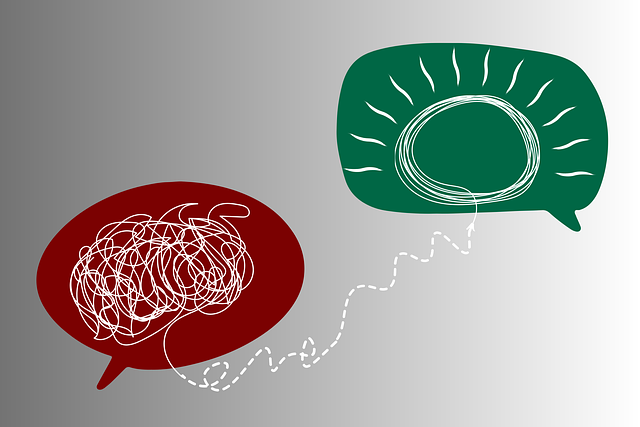Mental health professionals specializing in therapy for elders and family counseling face unique risks, including high-stress levels and ethical dilemmas. Effective risk management involves recognizing stressors, implementing stress reduction techniques, prioritizing burnout prevention through self-care practices like journaling, and integrating anxiety relief strategies. Emotional intelligence (EI) is key to creating safe, supportive environments; mindfulness and other mental wellness practices empower clients with coping skills. Regularly updating risk management plans ensures professionals can address emerging challenges, ultimately enhancing care quality for elders and families.
“Effective risk management planning is essential for mental health professionals to ensure safe and supportive environments, especially in elderly therapy and family counseling. This article guides you through crucial aspects of identifying and mitigating risks specific to these sectors. We’ll explore comprehensive strategies, from understanding unique risks in eldercare settings to developing tailored plans and practical response techniques. By implementing these insights, mental health practitioners can enhance their practice, fostering secure spaces for clients seeking therapy and counseling.”
- Understanding Risks in Elderly Therapy and Family Counseling
- Developing a Comprehensive Risk Management Plan
- Strategies for Mitigating and Responding to Mental Health Risks
Understanding Risks in Elderly Therapy and Family Counseling

Understanding the risks involved in working with elderly clients is paramount for mental health professionals providing therapy for elders and family counseling. This demographic often presents unique challenges due to age-related cognitive changes, physical health issues, and social isolation. Professionals must be adept at navigating these complexities while maintaining their own well-being.
Effective risk management involves recognizing potential stressors like heavy caseloads, complex interpersonal dynamics within families, and the emotional weight of addressing end-of-life concerns. By implementing stress reduction methods and burnout prevention strategies, counselors can foster a healthy work-life balance. This is crucial for sustaining their practice and ensuring they are equipped to provide quality care over the long term.
Developing a Comprehensive Risk Management Plan

Developing a comprehensive risk management plan is an essential step for mental health professionals to ensure they can effectively navigate the challenges that come with their critical role, especially when providing therapy for elders and family counseling. This process involves identifying potential risks, such as high-stress levels, ethical dilemmas, and boundary issues, and implementing strategies to mitigate these risks. A robust plan should incorporate self-care practices like regular mental wellness journaling exercises to prevent burnout, which is a common concern among professionals in this field.
By integrating guidance on anxiety relief techniques, professionals can enhance their resilience and maintain a healthy work-life balance. This proactive approach ensures that not only do they provide the best care for their clients but also sustain their own mental health. A well-rounded risk management strategy is therefore key to fostering an environment conducive to both professional growth and client well-being, particularly in specialized areas like elder and family counseling.
Strategies for Mitigating and Responding to Mental Health Risks

Effective risk management planning for mental health professionals involves a multi-faceted approach to mitigate and respond to potential risks. One key strategy is emotional intelligence (EI). By fostering high EI, therapists can enhance their ability to connect with clients, understand their emotions, and manage their own emotional responses. This creates a safe and supportive environment, crucial for effective therapy, especially when dealing with sensitive issues like those faced by older adults and families.
Additionally, integrating mental wellness practices into risk management plans is vital. Encouraging clients to develop coping skills through techniques like mindfulness, stress reduction, and cognitive reframing not only improves their mental health but also equips them with tools to navigate challenges. For instance, in family counseling, these strategies can help resolve conflicts and strengthen familial bonds. Regularly reviewing and updating risk management plans ensures that mental health professionals are prepared to address emerging risks, ultimately enhancing the quality of care they provide.
Mental health professionals play a vital role in providing support to elderly clients and their families, but this comes with unique risks. By understanding the specific challenges within elder therapy and family counseling, practitioners can develop effective risk management plans. This process involves identifying potential hazards, implementing strategic mitigation measures, and establishing clear response protocols. Through these proactive steps, professionals can enhance client safety, foster a supportive environment, and deliver high-quality care tailored to the sensitive needs of aging individuals and their loved ones, ensuring positive outcomes in therapy for elders and family counseling sessions.














